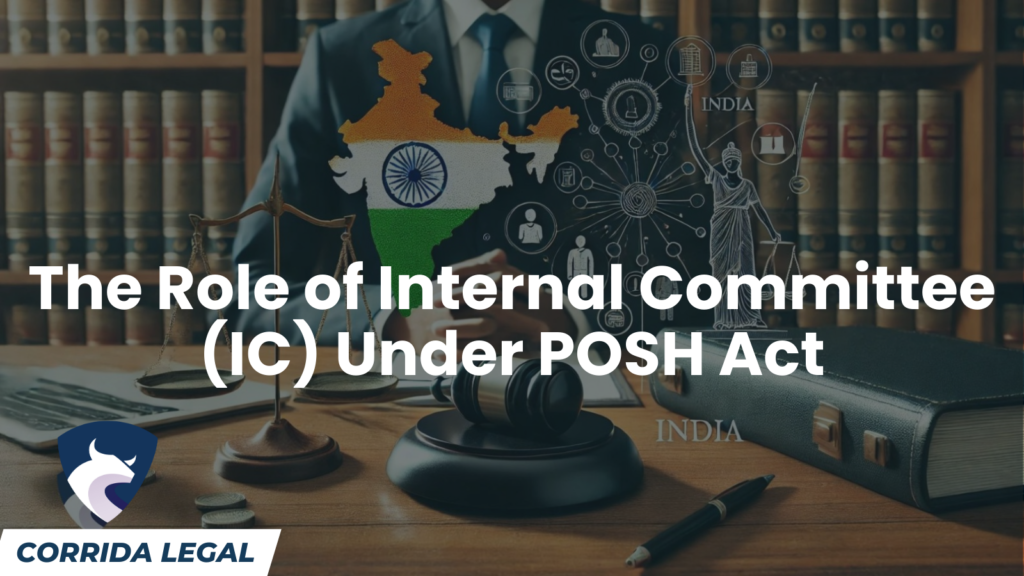This article pertains to ways to issue shares under ESOP.
This article pertains to Advantages of Employee Stock Option Plan.
This article pertains to Understanding the Minimum Wages Act, 1948.
This article pertains to Legal Compliance and Regulatory Framework for ESOPs in India.
This article pertains to The Role of Internal Committee (IC) Under POSH Act.
This article pertains to The Industrial Disputes Act, 1947: Key Provisions and Case Laws Act.
This article pertains to the Process for issuing employee stock options in India.
This article pertains to Overview of POSH Laws in India.
This article pertains to Comprehensive Overview of Employment Law in India.
This is the second part of the three-part series where we discuss..
This article pertains to Recent Amendments and Trends in Indian Contract Law.
Categories
- Bare Acts
- Commercial and Operational Contracts
- Corporate Law Advisory & Contract Drafting
- Corporate Laws Advisory, Compliances & Taxation
- Dispute Resolution
- DPDPA Readiness & Data Protection
- Employee Contracts and HR Policies
- Employment & Labour Laws
- ESOPs, Benefits and CSR
- Fintech & E-Commerce Laws
- Fundraising Advisory & Documentation
- India Entry and Foreign Investments
- Intellectual Property Protection
- Investigations and Trainings
- Labour Codes Compliance and HR Audits
- Labour Laws Licensing & Compliance
- Mergers and acquisitions (M&A)
- Prevention of Sexual Harassment (POSH): Trainings, Policy Drafting & Investigations
- Prevention Of Sexual Harassment: Trainings, Policy Drafting & Investigations
- Startup – Setup, Documentation & Advisory
- STARTUPS: SETUP & INVESTOR READINESS
- Uncategorized
- Workforce Restructuring & Layoffs
Resources
Virtual legal conference
Book Legal Consultation
Direct access to Corrida Legal lawyers providing actionable solutions tailored to your business requirements whilst maintaining complete confidentiality.
Trusted by Fortune 500s, Global MNCs & High-Growth Startups (500+ Consultations Conducted)
Live Virtual Consultation with Prior Document Review
Direct access to Corrida Legal’s Managing Partner, Pushkar Thakur via Senior Consultation
Confidential Legal Advice with Complete Data Protection












